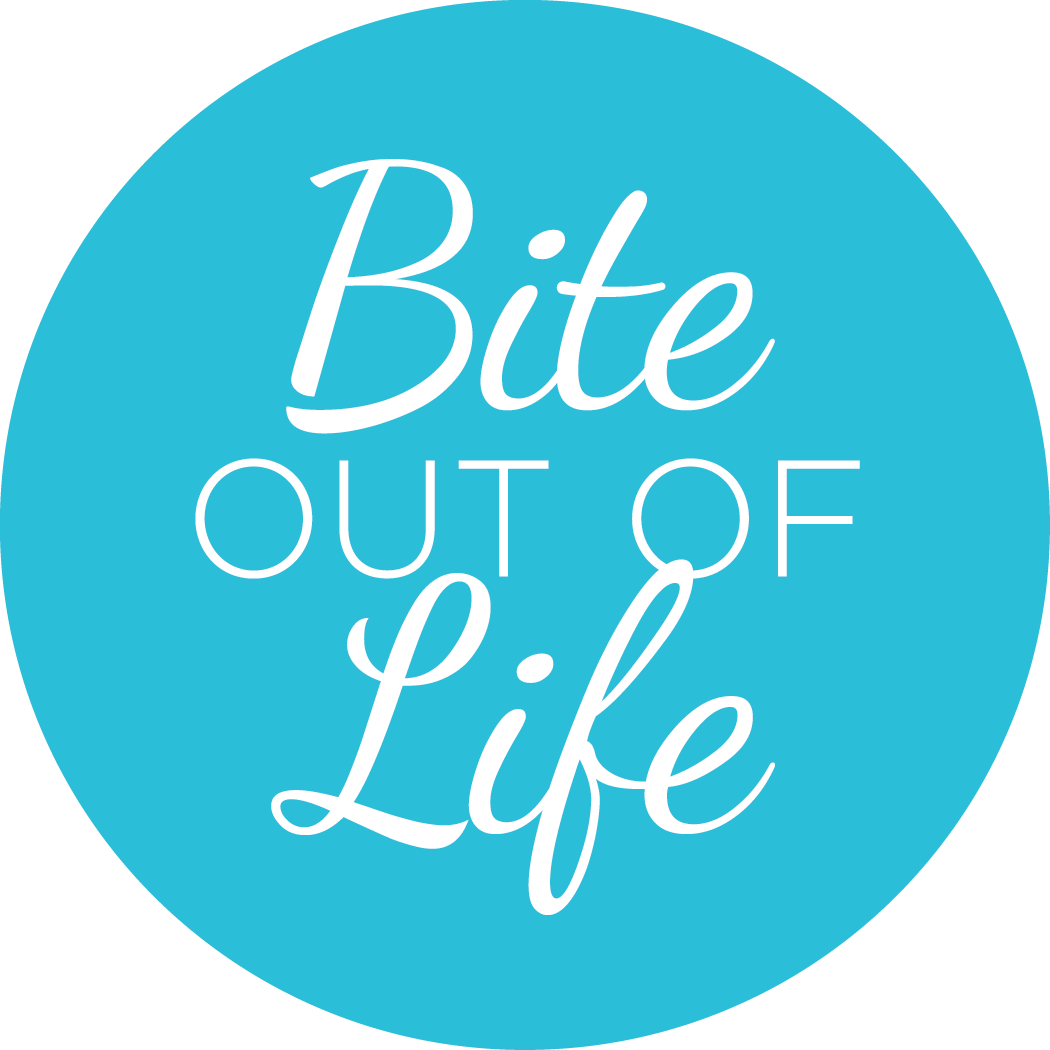The summer solstice, or Midsummer’s Eve, is a major celestial event marked by the sun rising higher and higher until it seems to stand still, resulting in the longest day and the shortest night of the year.
For some of us, this enchanted extension of light might mean rejoicing as we have even more time to frolic in the warm langorous days of summer. But what if you are one of the 40% of adult Canadians identified in a 2011 study by Université Laval researchers as being an insomniac? Do the shorter nights make it even more challenging to get a good night’s sleep?
Herbal Help for the Sleep Impaired
If you remember Shakespeare’s Midsummer Nights’ Dream, you’ll recall that the solstice was thought to be a time of magic, when mischievous spirits were said to appear. This belief carried on outside the written word too and people wore protective garlands of herbs and flowers to thwart these fairies, elves and other spirits. One of the most powerful protectors was a plant called ‘chase-devil’ which is known today as St. John’s Wort. Modern scientific studies show that this common yellow-flowered weedy herb is still effective as a powerful mood stabilizer and a solution to sleeplessness when it is related to certain brain chemistry imbalances.
St. John’s Wort is not the only herbal remedy to help impede the insomnia fairies. Taking a tea, tincture or even having an herbal bath using passion flower, valerian, hops, oat straw or kava can all bring relief and help you break the pattern of a sleepless midsummer’s eve.
The Sleep Health Connection
Of course you may choose to celebrate this longest night of the year with bonfires, dancing and singing just like the ancestors did. But remember, sleep is restorative and the health benefits of it are well documented:
- Your body produces extra protein molecules while you’re sleeping that helps strengthen your ability to fight infection and stay healthy.
- Sleep helps to reduce the levels of stress and inflammation in your body. High levels of “inflammatory markers” are linked to heart disease and strokes.
- Sleeping well eliminates memory and concentration difficulties because as you sleep, your brain is busy organizing and correlating the memories, facts, information and experiences you had during the day so you can more easily recall them in future.
- Sleep helps regulate the hormones that affect and control your appetite. Studies have shown that when your body is deprived of sleep, the normal hormone balances are interrupted and your appetite – especially for foods that are high in calories, fats and carbohydrates – increases.
- Sleep can help lower blood pressure and elevated levels of stress hormones, which are a natural result of today’s fast paced lifestyle.
As a former insomniac myself, I can attest to the frustrations and exhaustion that accompanies sleeplessness. The key is to get to the root of what is interrupting your rest and deal with it – through herbal remedies, nutrition, meditation, or other lifestyle changes.

Trackbacks/Pingbacks